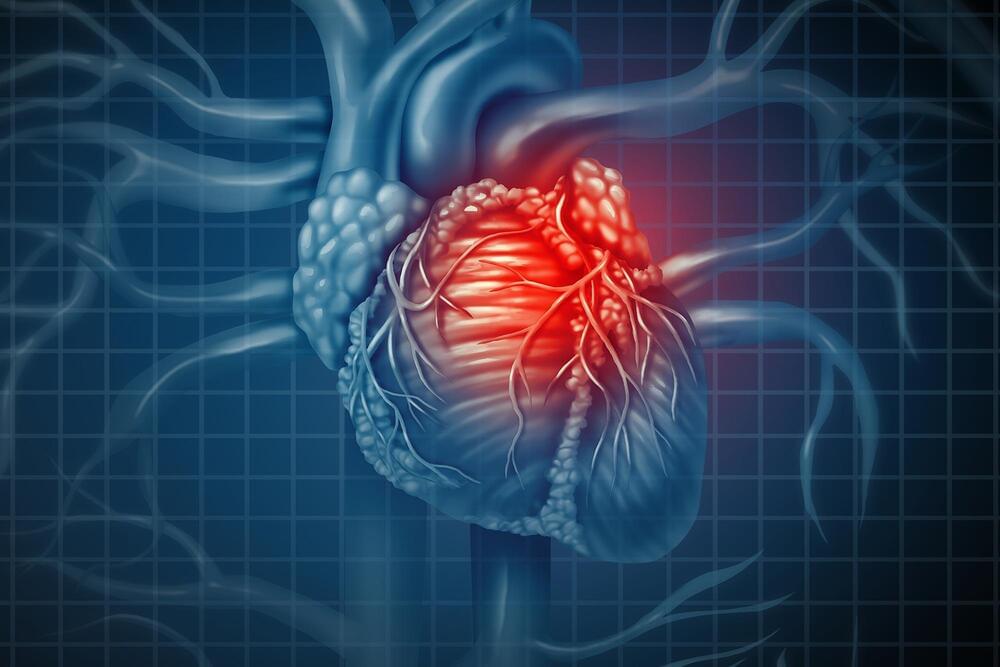Macrophages travel through our arteries, gobbling fat the way Pac-man gobbled ghosts. But fat-filled macrophages can narrow blood vessels and cause heart disease. Now, UConn Health researchers describe in Nature Cardiovascular Research how deleting a protein could prevent this and potentially prevent heart attacks and strokes in humans.
Macrophages are large white blood cells that cruise through our body as a kind of clean-up crew, clearing hazardous debris. But in people with atherosclerosis—fatty deposits and inflammation in their blood vessels— macrophages can cause trouble. They eat excess fat inside artery walls, but that fat causes them to become foamy. And foamy macrophages tend to encourage inflammation in the arteries and sometimes bust apart plaques, freeing clots that can cause heart attack, stroke, or embolisms elsewhere in the body.
Changing how macrophages express a certain protein could prevent that kind of bad behavior, reports a team of researchers from UConn Health. They found that the protein, called TRPM2, is activated by inflammation. It signals macrophages to start eating fat. Since inflammation of the blood vessels is one of the primary causes of atherosclerosis, TRPM2 gets activated quite a bit. All that TRPM2 activation pushes macrophage activity, which leads to more foamy macrophages and potentially more inflamed arteries. The way that TRPM2 activated macrophage activity was surprising, says Lixia Yue, a UConn School of Medicine cell biologist.









Comments are closed.